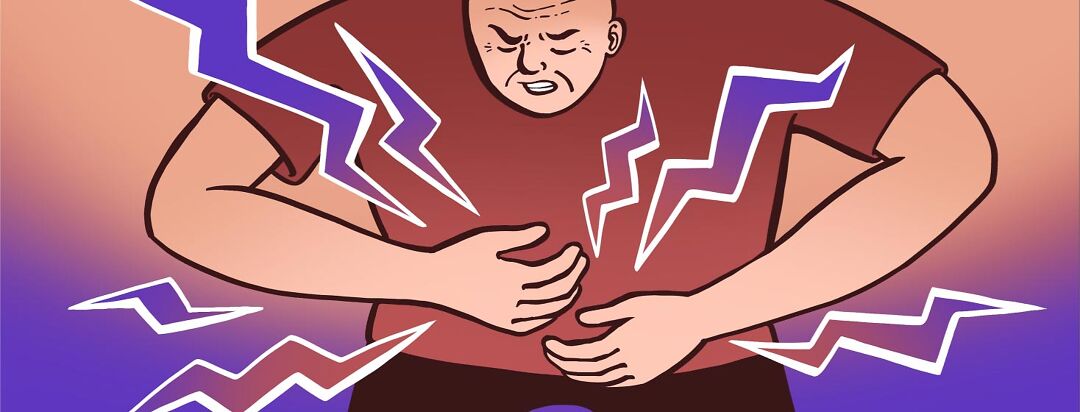IBS-M: Unexpected Constipation
I had my gallbladder removed almost two years ago. I have had hypothyroidism for over a year now. All of this together had been balancing itself out, and it is quite surprising to me that I am now dealing with an extended IBS-C flare.
Dietary changes improved symptoms
I recently changed to a much healthier diet that practically eliminates fried, greasy foods and a lot of the worst IBS flare triggers. These changes greatly improved my IBS symptoms. It led to several months of being essentially symptom-free, or so I thought. That has changed. Did dietary changes have any real impact?
Don't get me wrong. I am thankful for that break, but I am concerned about the return of symptoms. Will an IBS-D flare follow? That has been my pattern for many years.
Mucus and inflammation agitate constipation
One of the things I have noticed is mucus is present again. This means inflammation, and that in itself is problematic. It makes constipation worse. It makes it harder to go, and that isn’t helpful.
I have also noticed changes in the consistency that make it much harder to pass. There doesn’t seem to be an end in sight.
Adjusting to the return of IBS flare pain
The only upside there ever was to IBS-C flares was that I was able to eat anything without making a flare worse. That was a perk. Unfortunately, my healthy diet means there are no perks to this. It is all a real pain, literally.
After months of being symptom-free, adjusting to pain caused by an IBS flare is quite bothersome. I am not used to the sharp pains of trapped gas or the cramping and bloating or issues caused by straining to go. I must adjust to it all over again.
Balancing diet and medical issues to improve symptoms
With all the issues I have that should cause IBS-D flares, I thought adapting a healthier diet along with getting my hypothyroidism under control should balance out. Ending up in the middle with no symptoms made sense to me.
I truly do eat much healthier so I have eliminated some triggers and consume much less of others. I have lost weight. Being much healthier should make a difference, right? Wrong. As I have said before, IBS is unpredictable.
To treat or not to treat?
Even knowing how unpredictable IBS can be, I did not expect an IBS flare. I certainly didn’t expect an IBS-C flare or for one to last this long. I do try not to treat flares because having IBS-M means treating one type of flare can trigger the other. Unfortunately, I may need to treat it if this continues much longer.
That is one of the most frustrating things about having IBS-M. There is no treatment to prevent both types of flares, and treating one often triggers the other. Many think all IBS is IBS-D, which makes it even more frustrating. Trying to explain it to others often seems pointless.
Living with unpredictable IBS
So, now that I am stuck in an unexpected flare I am realizing there really is no rhyme or reason and it truly doesn’t matter what you do. Yes, triggers can make symptoms worse but you can still have flares even when you’re doing everything right. You just can’t prevent them.
How do we deal with an illness that has no real cause and no real treatment? All of us IBS warriors simply roll with the punches because we have no other choice.
How do you cope with unexpected flares? I would love to hear about your experience.

Join the conversation